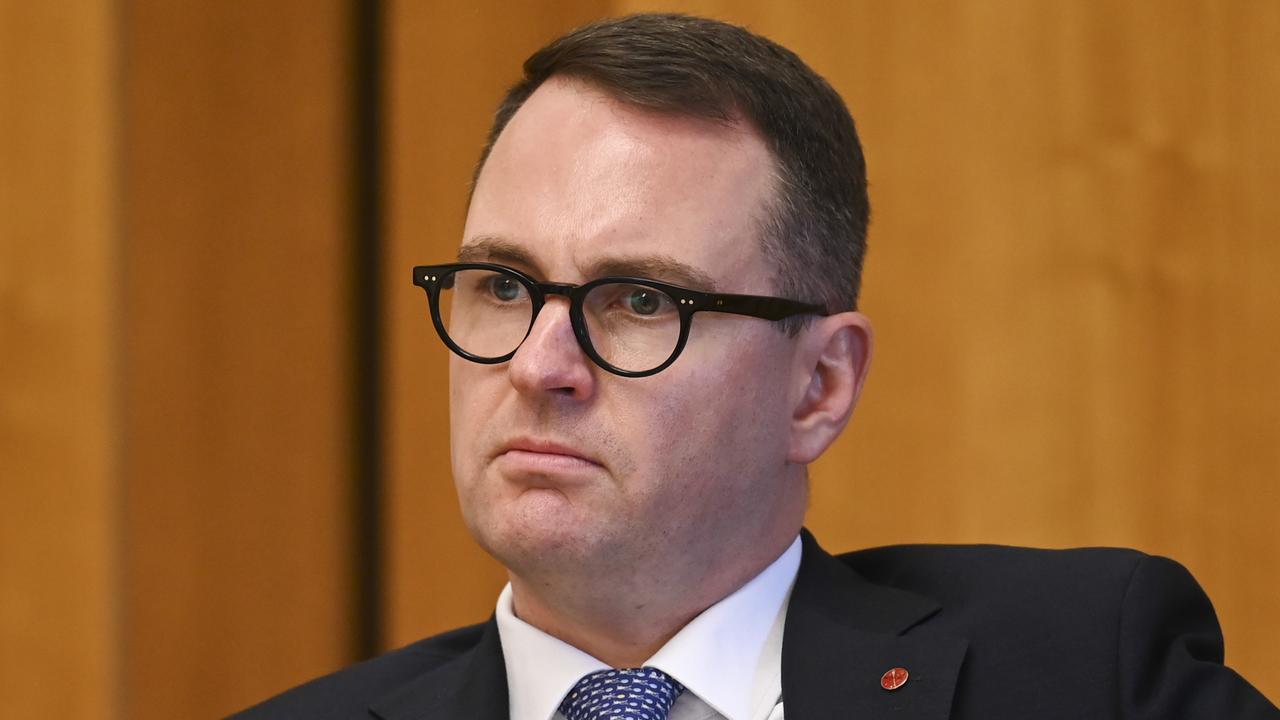‘There is no doubt’: CEO makes bold WFH claim, sparking big debate
The working from home debate shows no signs of slowing down, but one CEO’s controversial comments have really stirred the pot.
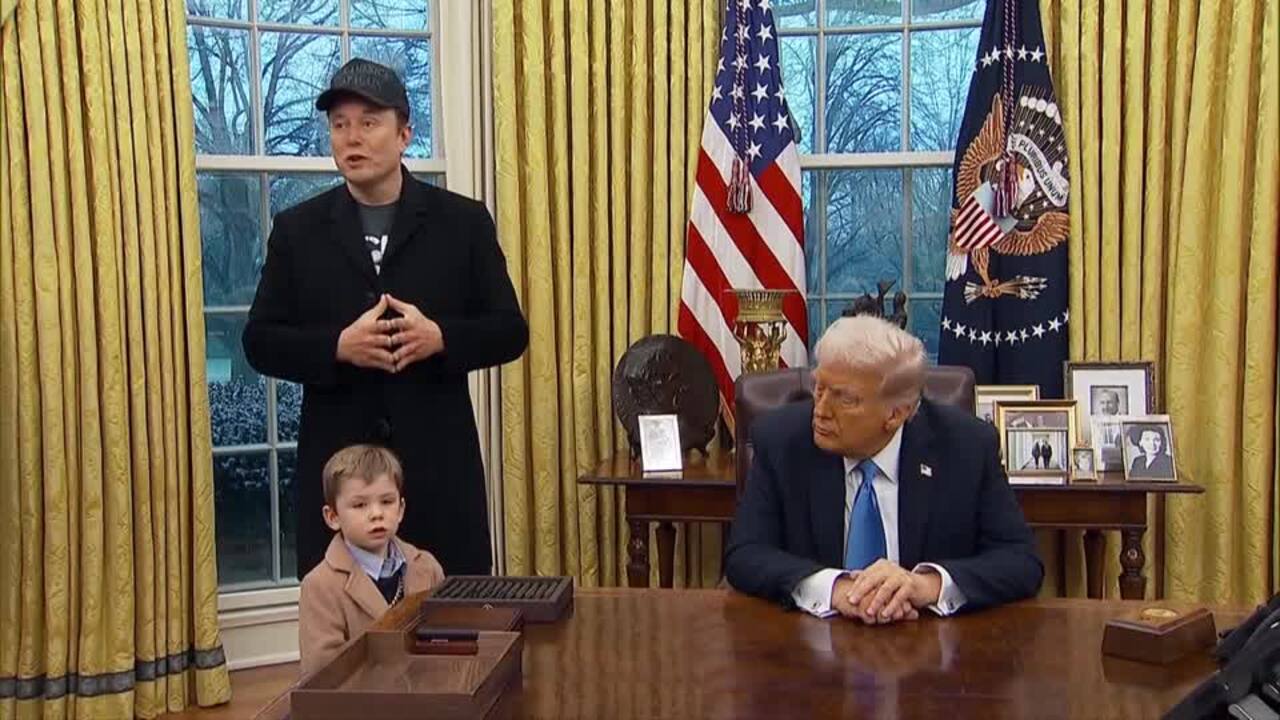
At Work
Don't miss out on the headlines from At Work. Followed categories will be added to My News.
An Aussie boss has revealed the big problem with working from home after an American CEO claimed remote work would have stopped her from becoming such an success.
The working from home debate certainly isn’t one that will be settled anytime soon, and American CEO Emma Grede has just stirred the pot all over again.
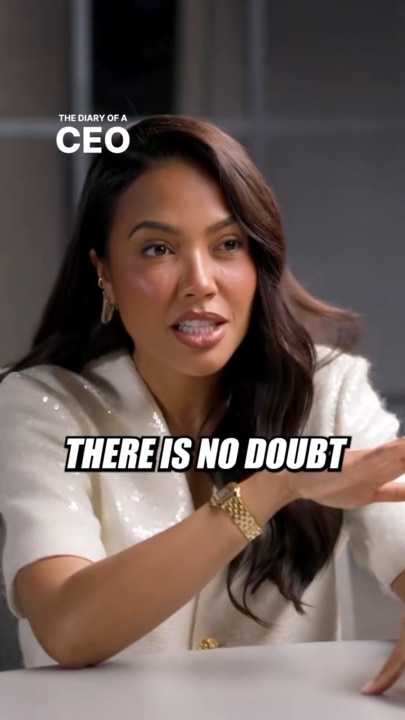
MORE: How to negotiate working from home
Ms Grede appeared on the podcast Diary of a CEO and claimed that if she’d been WFH in her twenties, she’d never have achieved such success.
“If I had been a work from home person in my twenties I would not be where I am today. There is no doubt,” she said.
The 42-year-old is the mastermind behind Khloe Kardashian’s denim brand Good American, and she co-founded Kim Kardashian’s shapewear brand Skims.
Skims has been valued at over $4 billion and Good American has been valued at over $3 billion.


MORE: The best work-from-home jobs in Australia
It’s a big statement, but Australian boss Jessy Marshall, 36, founder of the PR agency Hive HQ, can’t help but agree.
Ms Marshall said that working from home can hold back people’s careers “depending on the role”, and this is something she is hyperaware of.
“If you are taking my role as a publicist as an example, we work with many Australian start-ups and us being together as a team in the office is where we get our energy, our creativity, and how we best execute,” she told news.com.au.
“Our job is entirely about execution. If we were doing this from home, we would have no vibe, no hustle and we wouldn’t be achieving the results we are.”

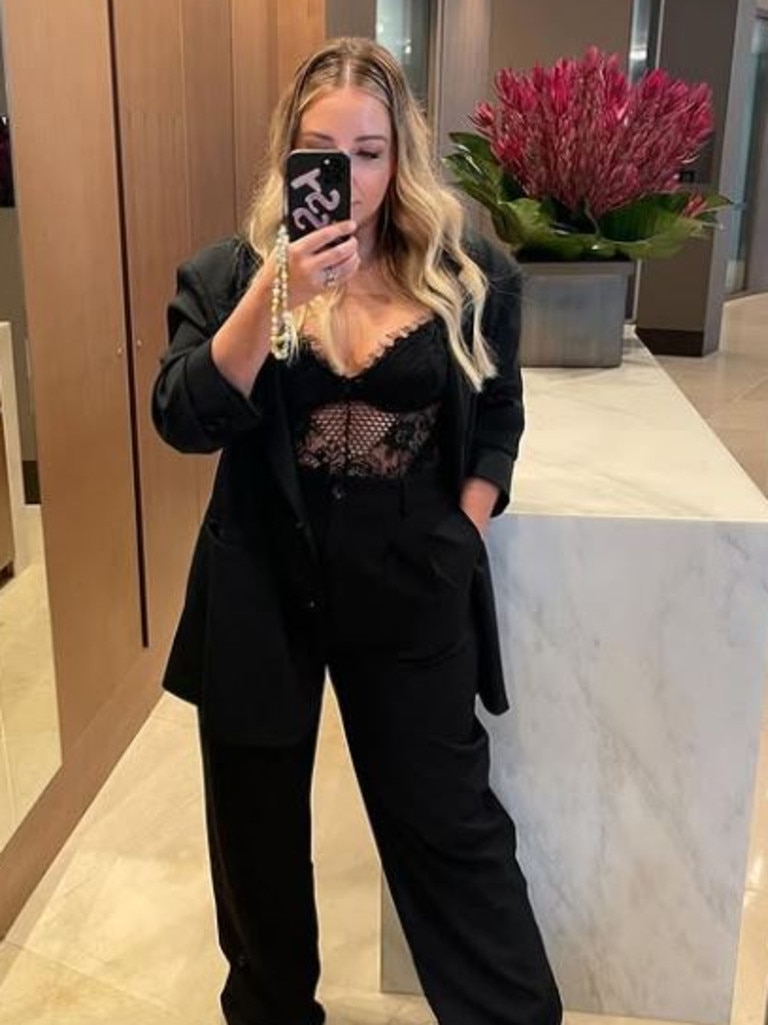
The 36-year-old doesn’t doubt she’d have succeeded if she had worked from home in her twenties, but she doesn’t think it would have been on the same scale.
“Maybe because of my personality, I would have been driven enough to get here anyway, but learning on the job fast-tracked my ability and success,” she said.
“You have to learn and fail and learn again; you simply cannot do that as sufficiently by yourself at home. Seeing examples from good and bad bosses helps build your career and your skills.”
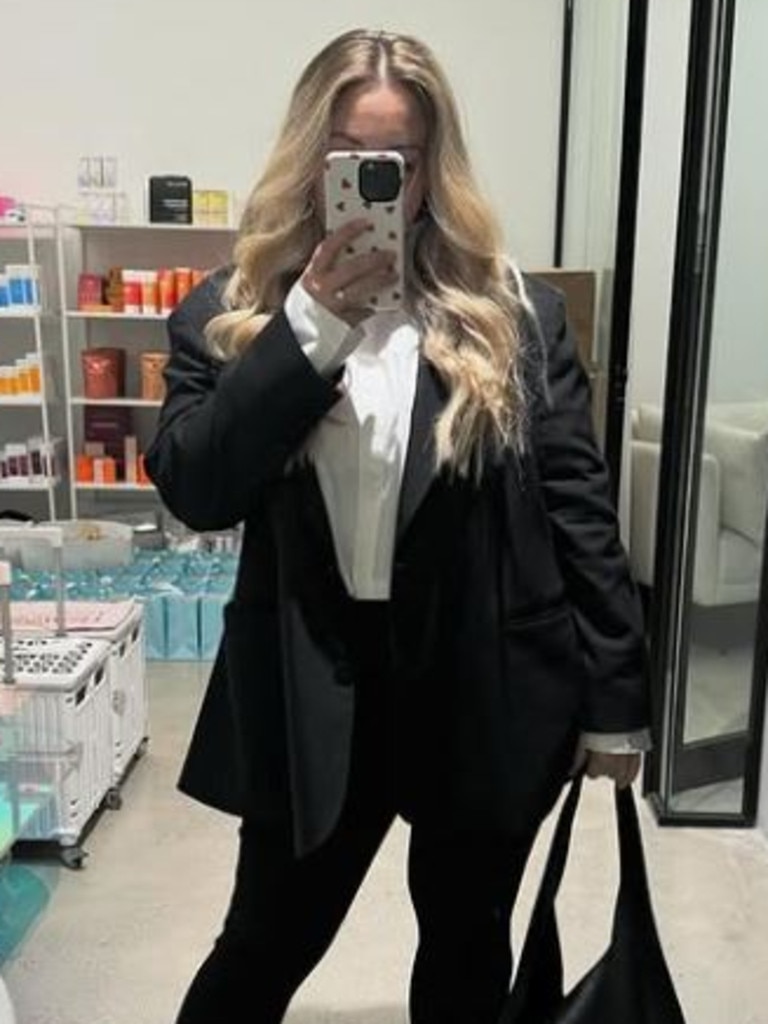
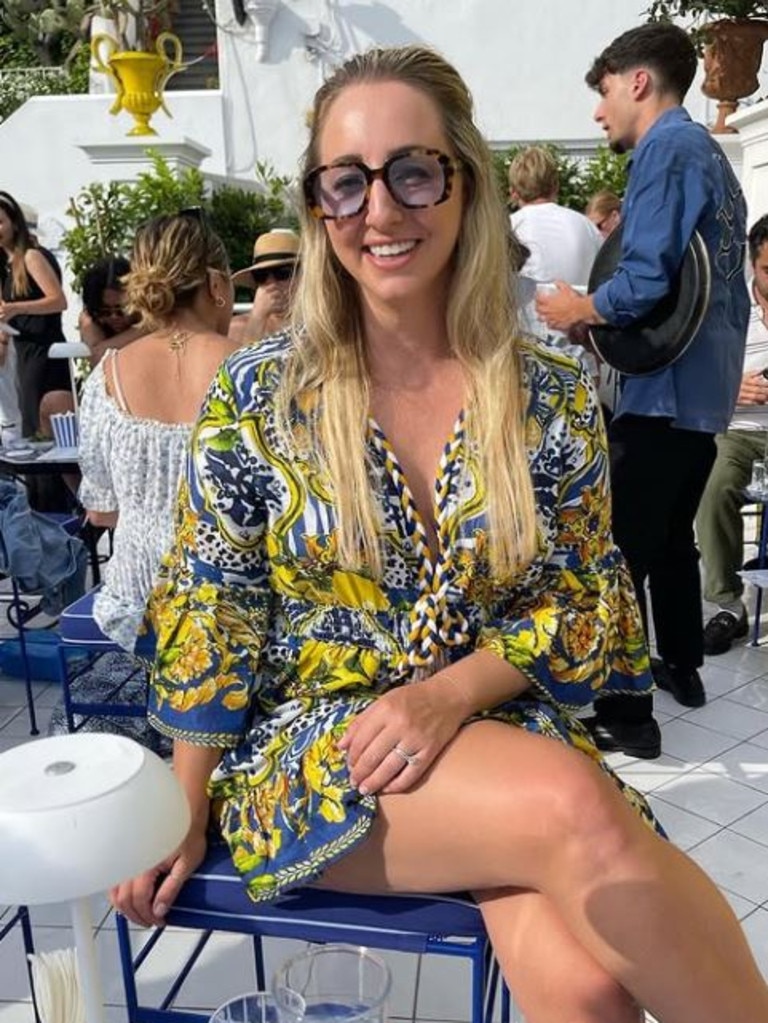
Ms Marshall’s opinion echoes Ms Grede’s who spoke at length on the podcast about the downsides of flexibility.
The CEO explained that, since the pandemic, her staff has worked only four days in the office and one day from home.
Ms Grede said people talk a lot about flexibility but don’t talk about what WFH “takes away from work” and how Zoom life has impacted businesses.
“I met my husband at work, I made my best strongest relationships in my life. (They are) the most important things to me and they’re the foundation of my happiness,” she said.
Ms Grede finds it “interesting now” that there’s an aversion to working from the office, saying young people are missing out as a result.
“It is so interesting to me because I’m like an in-person person. I want to be with people, I want to collaborate. I want to do things quickly and the culture of work right now makes that so hard,” she said.
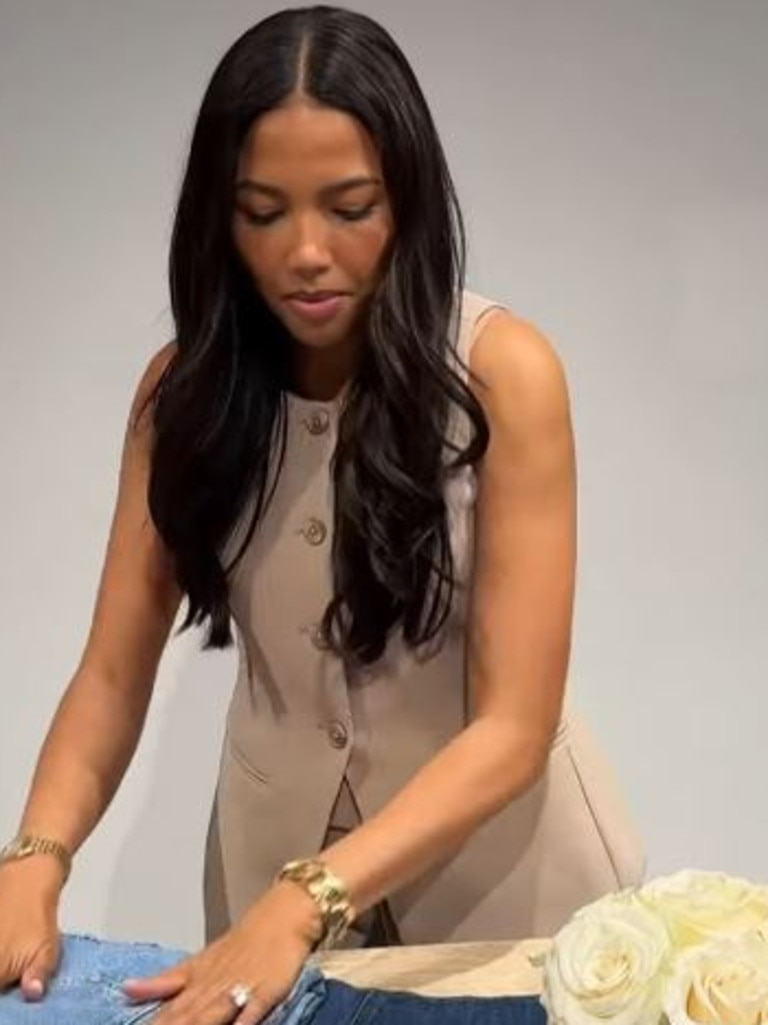
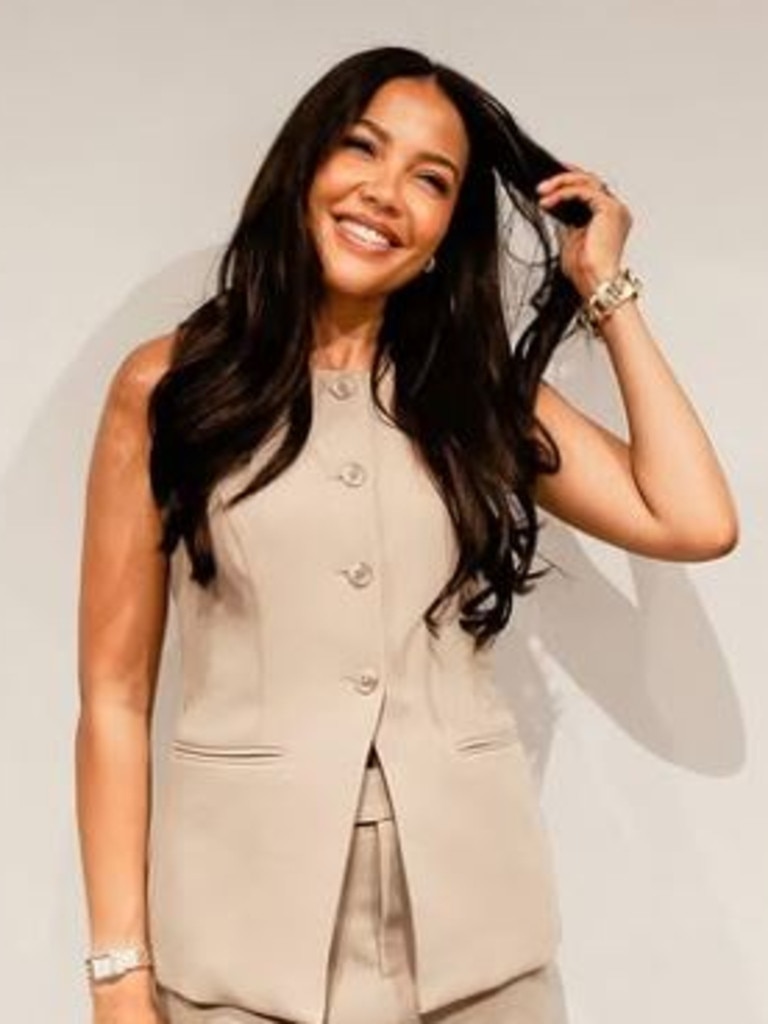
Ms Grede believes rise of fully-remote jobs is making it harder for young people to learn from seniors at work, which is something she finds that disappointing.
“All of that is lost,” she said.
“I feel a little bit sad for the way that we’re working right now because I don’t think we’re having that exchange of what happens when you’re in a really dynamic environment and you’re able to learn from people around you.”
The CEO’s working from home opinion immediately divided workers, with plenty quick to disagree.
“Maybe not everyone wants to be a CEO. Some people want to work to live not live to work,” one argued.
“I would never work in an office again,” another said.
“Interesting perspective! It’s important to evaluate how working from home impacts long-term career growth and success,” someone else said.
“Remember half of us are introverts who prefer to be home. We’re just as valuable. I also don’t want to spend hours of my precious life commuting,” one said.
“Life is not just work,” someone wrote.
“WFH is overrated,” another declared.
Someone else argued that some workers get more done working from home, but another said that when she worked WFH, it was the “loneliest” she’d ever been.
Recruitment expert Roxanne Calder said bosses are “spot on” if they say working from home is holding back young people’s careers.
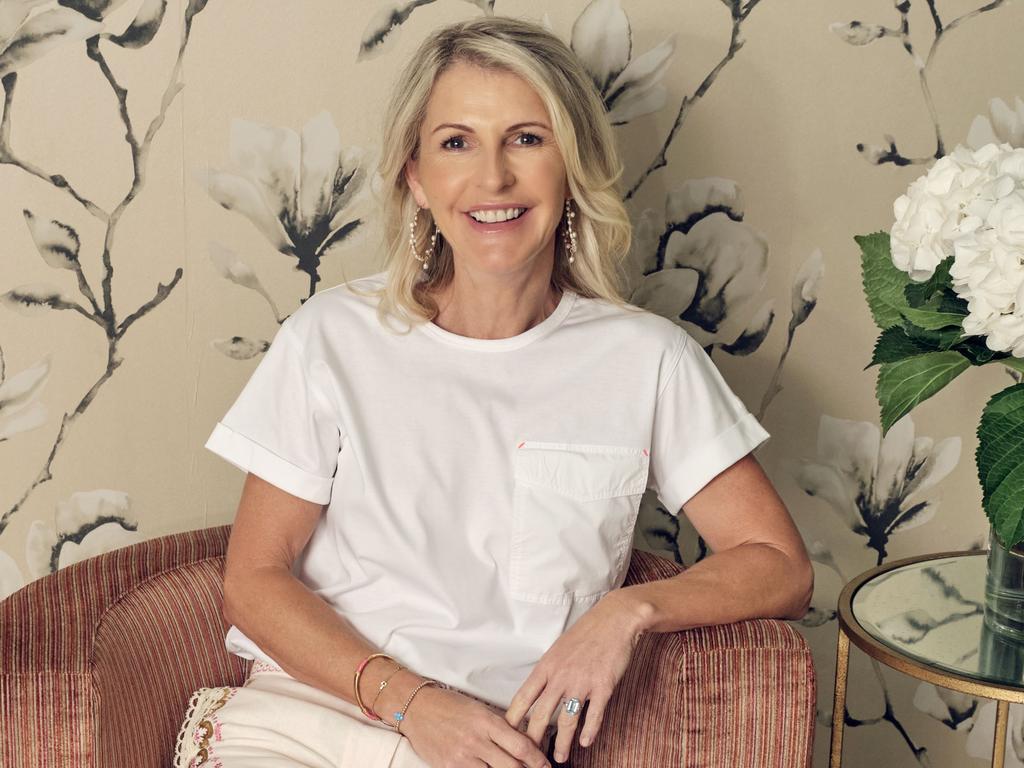
“When you are starting out in your career you need to be around people to learn,” she told news.com.au.
“If you’re not among people then you can’t learn as quickly. It is critical in that career stage.”
Ms Calder said it is invaluable to be able to turn to your co-worker and ask a question or even observe their habits and learn from them, and this isn’t happening over Zoom.
The recruitment expert said that, despite the “pushback” and the clear benefits of working from the office, workers don’t want to come back.
“I find a lot of people don’t want to come into the office still, despite the pushback that has been evident now for 18 months,” she said.
Ms Calder said that workers know that “learning is better in the office”, but they’d rather have flexibility over career growth.
“The advice I’d give to anyone in their twenties or in your thirties is definitely to be in the office; it is important for career building,” she said.
“It is relationships that get you places and people seeing you do things.”
Originally published as ‘There is no doubt’: CEO makes bold WFH claim, sparking big debate





